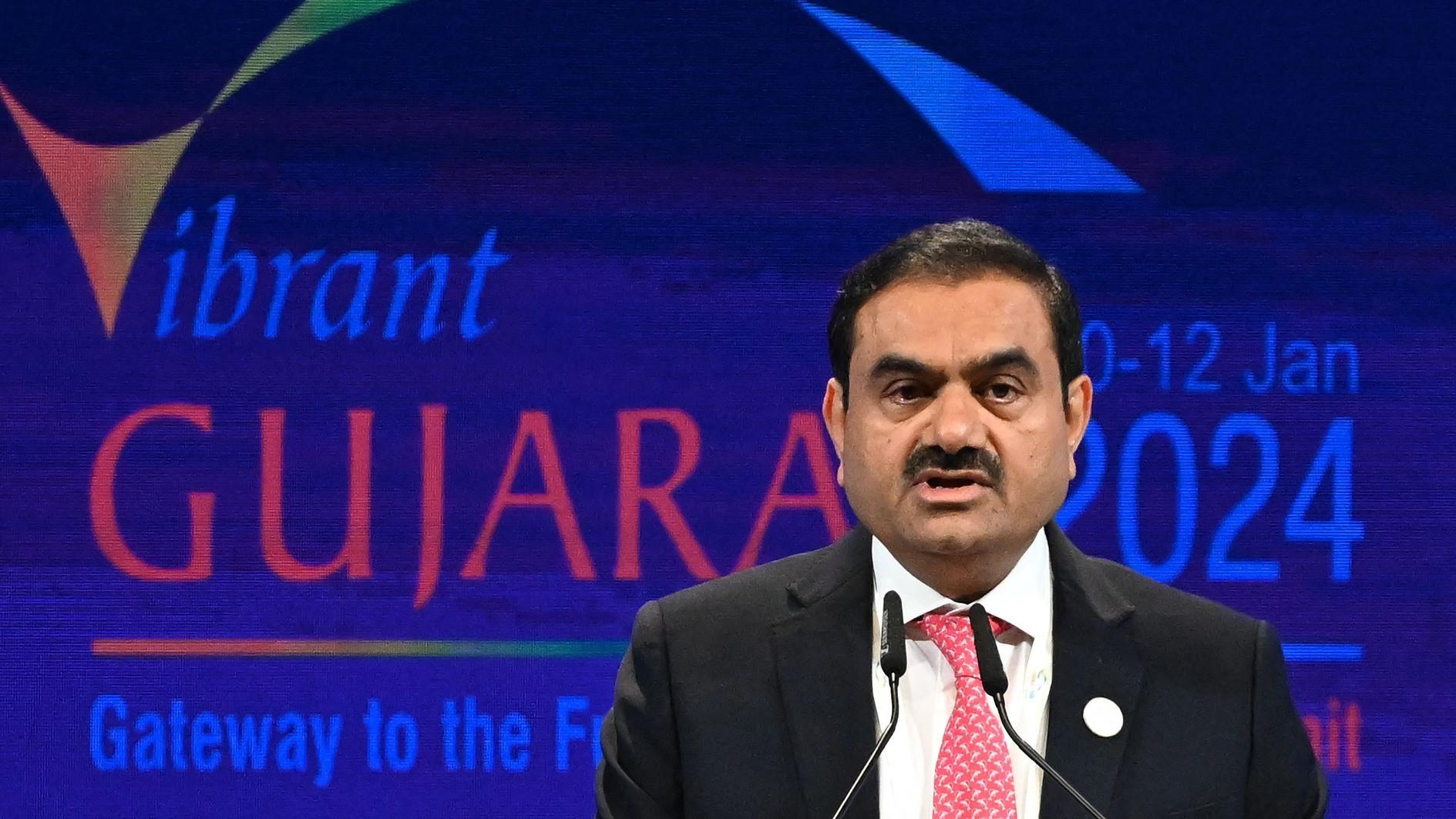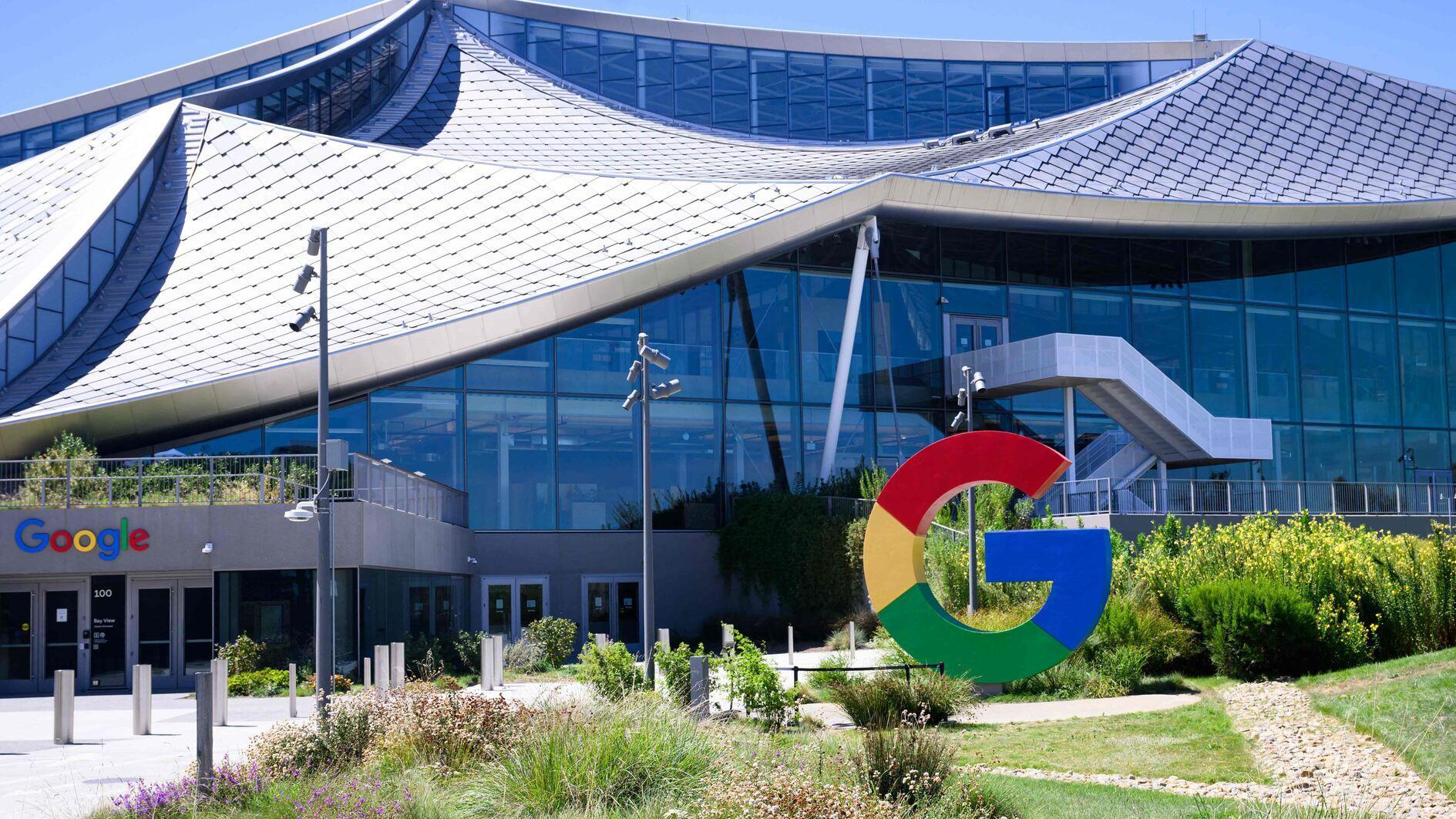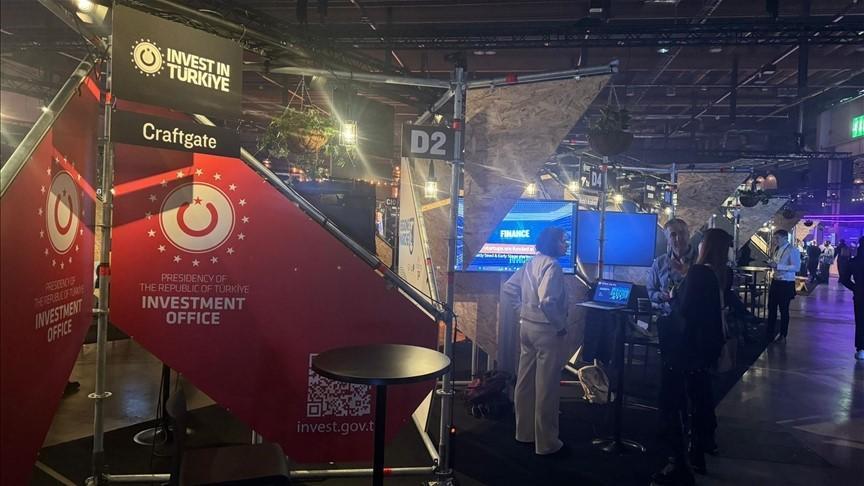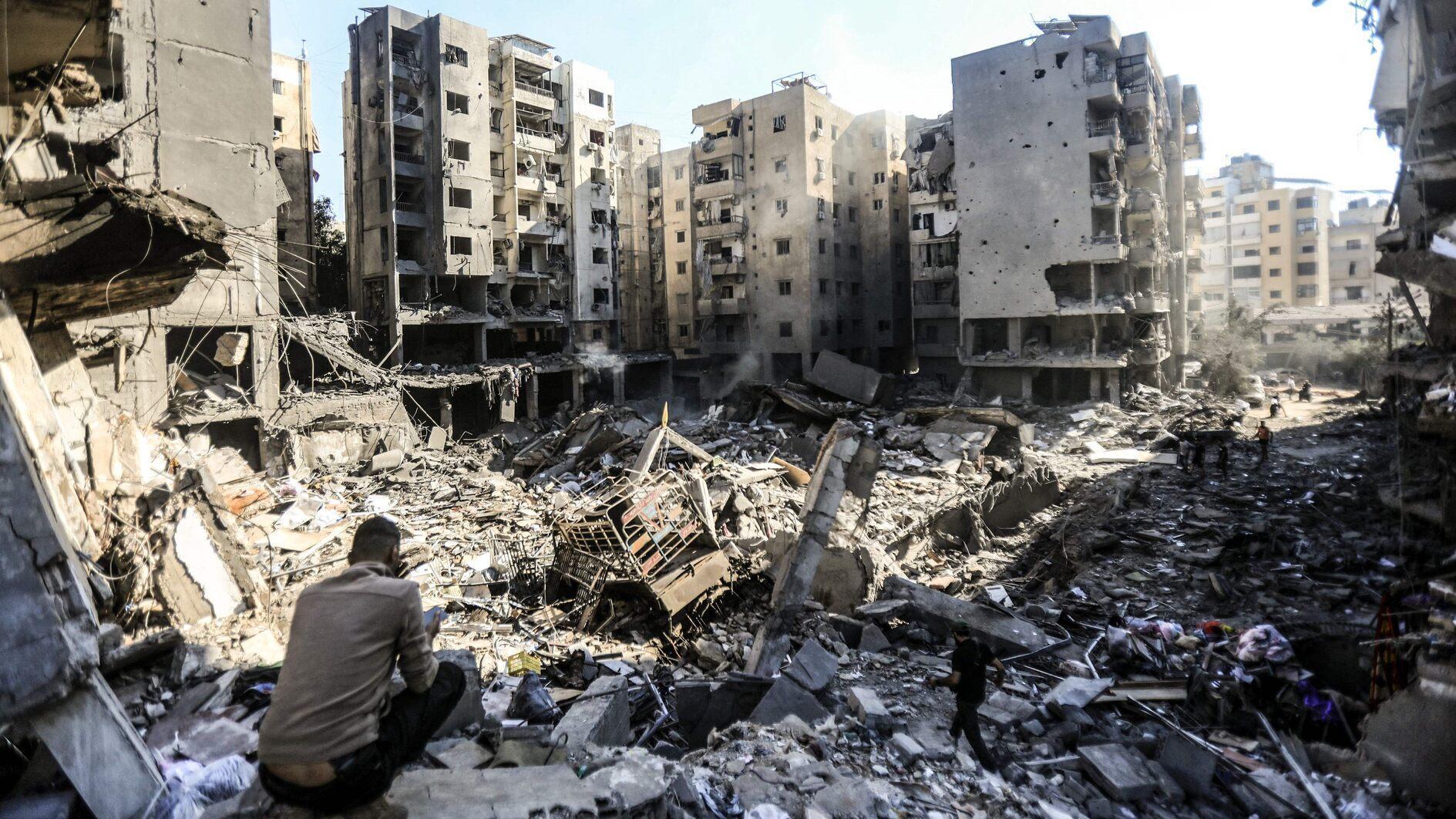EU commissioner calls on Turkey to ‘move closer to Brussels and its values’
Sevil Erkuş - ANKARA
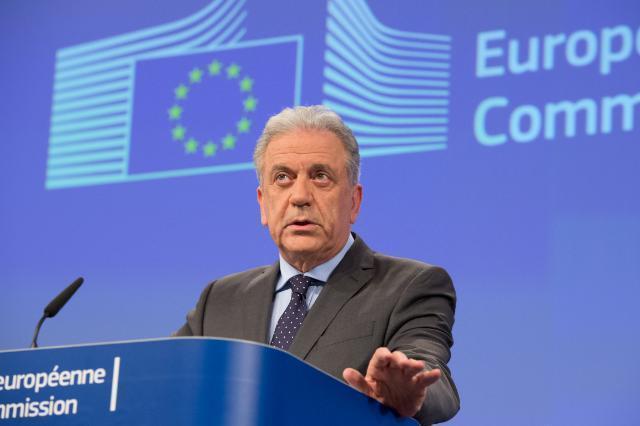
European Commissioner for Migration and Home Affairs Dimitris Avramopoulos has stressed his firm belief in Turkey’s “European path,” while calling on the country to “move closer to the EU and its democratic values.”
In a written interview with the Hürriyet Daily News ahead of his visit to Turkey this week, Avramopoulos urged the Turkish government to not sacrifice fundamental rights at the expense of security measures taken particularly after July 2016 coup attempt.
Reminded of President Recep Tayyip Erdoğan’s vow that he is ready to end Ankara’s EU membership talks even if he will “not be the first to leave the table Avramopoulos said he “firmly believes in Turkey’s European path.”
He particularly highlighted Turkey’s key role for the stability of the region, stressing that the country is a “key partner for Europe and Europe is a key partner for Turkey.”
“We should never forget that Europe and Turkey have a shared history and partnership that goes back several centuries. Both parties should not lose this bigger picture out of sight. The EU is a friend of Turkey and I personally am a longstanding friend of Turkey. We are all committed to continue strengthening our partnership and friendship in all its aspects. The economic prosperity and political stability of this great country is what the EU wishes for. Turkey has to continue coming closer to the EU and to the EU’s democratic values and rules,” Avramopoulos stated.
Post-coup attempt practices
The Turkish government’s harsh post-coup attempt measures have drawn criticism from European states and EU institutions, but Ankara has stated that such moves must be taken as the country is fighting several terrorist threats.
EU Commissioner Avramopoulos stressed that increasing the security of citizens can “never come at the expense of their fundamental rights and freedoms.”
“From the first moment I have supported the democratic and constitutional order of Turkey. After the failed coup d’état … democracy prevailed and triumphed, through all the Turkish citizens that defended it. In the global threats that our societies are facing today, we must defend the legal, moral and institutional principles upon which our democracies are built. We are very much aware and show understanding to the internal security and terrorist threats that Turkey is facing. But increasing the security of our citizens can never come at the expense of their fundamental rights and freedoms, as guaranteed by the basic norms and rules of our democracies. It is precisely also on these values that the strengths of the longstanding EU-Turkey partnership are built. Turkey must continue to follow its European path, and come closer to the EU’s fundamental principles,” he said.
‘Migration deal successful despite tensions’
Despite political strains between Turkey and a number of EU member states, the migration deal between Ankara and Brussels continues to work, with Turkey and the EU together succeeding in substantially reducing irregular and dangerous arrivals, Avramopoulos stated.
From 10,000 crossings in a single day in October 2015, daily crossings from Turkey have dramatically fallen to an average of 84 per day today, while the number of deaths in the Aegean has fallen from 1,150 in the year before the migration deal to 113 in the year that followed, he noted.
Over 11.400 persons have been resettled to the EU from Turkey so far, as part of the agreement, Avramopoulos said.
“On Sept. 27 I called on EU Member States to resettle a further 50,000 persons from Turkey, Jordan, Lebanon and countries along the Central Mediterranean route over the next two years. I have already received more than 38,000 pledges from 18 countries and I know that more will follow soon,” he stated.
Since March 21, 2016, 2,032 migrants have been returned from Greece to Turkey under the migration agreement and the Greece-Turkey bilateral protocol, including 228 people from Syria, he added.
Visa-free travel
Asked if he expects progress on visa-free travel for Turkish nationals in the near future, Avramopoulos stressed that Ankara must “meet the remaining benchmarks,” including revisions to Turkey’s anti-terror law.
“The EU is committed to fulfilling all elements of the EU-Turkey migration deal, including visa liberalization, and the bloc continues to encourage Turkey’s efforts to complete the delivery of all the outstanding benchmarks of the Visa Liberalization Roadmap as soon as possible,” he said.
“At this point in time, all parties must avoid whatever could undermine our cooperation and focus on mutual interests,” the commissioner stated.
The 3 billion euros ($3.6 billion) in aid from the EU to Turkey under the migration deal has become a matter of dispute from the Turkish government’s viewpoint, with Ankara claiming that the EU has failed to keep its promises.
Avramopoulos, however, stated that Brussels is close to fulfilling all of its promises, while the Facility for Refugees in Turkey has had a significant impact on the ground in Turkey.
Out of the 3 billion euros for 2016-17, 2.9 billion euros have been allocated so far, he said, recalling that projects bringing education to almost half a million Syrian children and healthcare to 2 million people are now under way.
He cited that one million of the most vulnerable refugees are now receiving monthly electronic cash transfers to cover their everyday needs. “The challenges of migration are common. I want to praise Turkey once again for fulfilling its humanitarian duty, and the EU fully supports Turkey in that endeavor,” he said
Member states to decide on additional 3 billion-euro fund
Following the initial period of the program, an additional 3 billion-euro fund is expected to be set up for Turkey.
“We remain committed to the EU-Turkey [deal], which clearly stipulates that once the existing resources are used to the full, and provided commitments have been met then the EU will mobilize additional funding,” Avramopoulos said, pointing to further discussions among EU members for additional funds by 2019.
“Good progress is being made and all funds should be contracted by the end of this year. We will soon decide on the next steps, after discussing with Member States on further funding,” he added.


